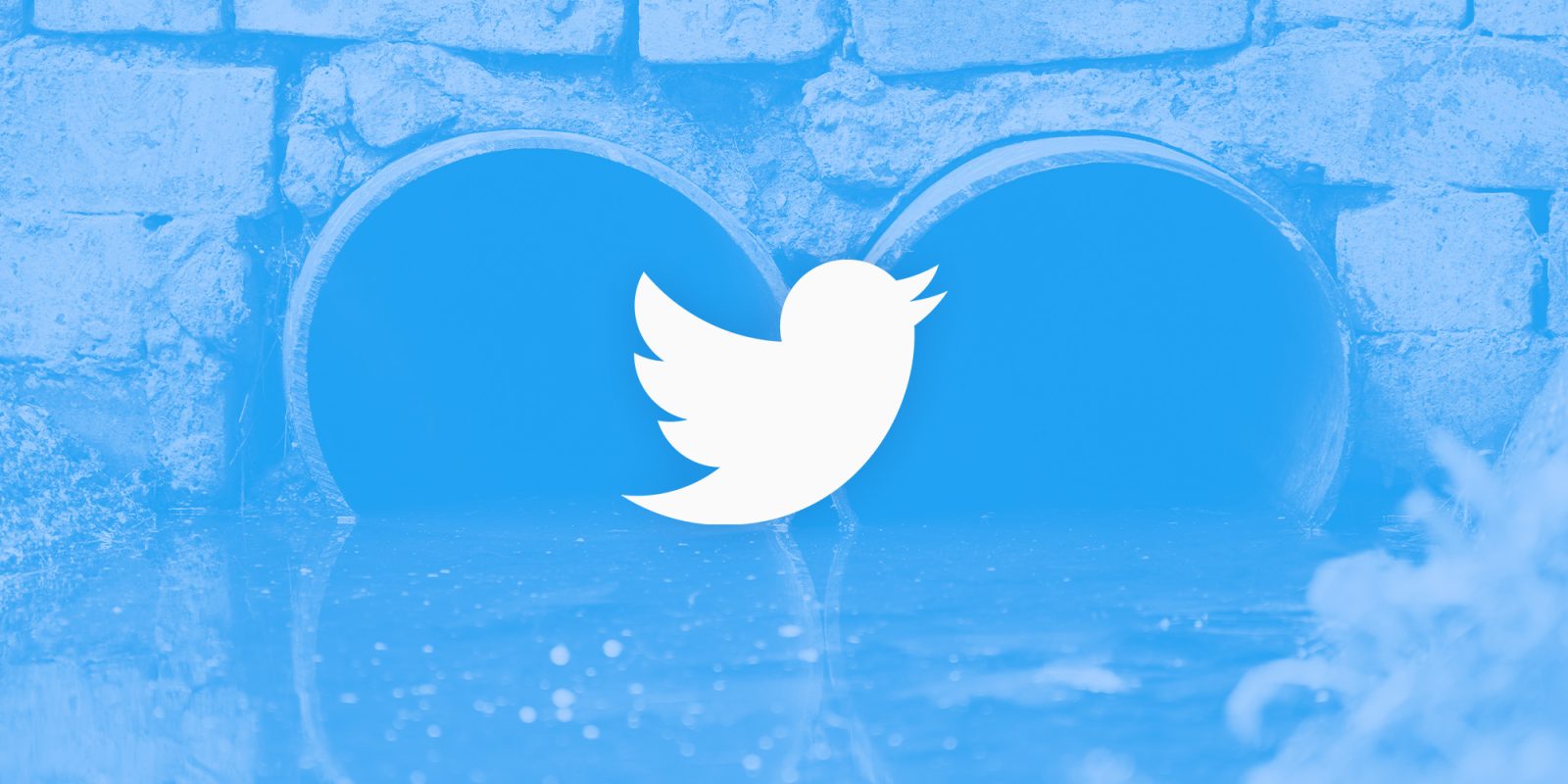
While many fear that Elon Musk’s vision of “absolute free speech” is just another way of saying Twitter toxicity is set to increase, the company is doing its best to reassure advertisers that it will protect them from being associated with any of it …
The Financial Times reports that the company has written to ad agencies, letting them know that however bad future tweeting may get, it will ensure they remain distanced from it.
Twitter is rushing to reassure advertisers that it will remain a safe place for brands after Elon Musk takes over the company, as the campaign groups that organised a Facebook advertising boycott in 2020 warn that the Tesla chief’s focus on freedom of speech could increase toxicity and abuse.
The San Francisco-based company has written to agencies in the wake of Monday’s $44bn deal announcement, insisting the company remains committed to ensuring their ads are not placed alongside harmful or offensive content, according to an email seen by the Financial Times.
That outreach reflects concern that Musk’s stated position as a “free speech absolutist” could hurt Twitter’s $4.5bn-a-year advertising business built around the social media platform being attractive to traditional marketers.
Since Musk himself has demonstrated that his view of free speech includes allowing Twitter employees to be attacked and harrassed, the company is likely to need some pretty effective distancing tech.
Advertisers and their agencies appear unconvinced, however, with many reportedly planning to shift ad spend away from Twitter if Musk does indeed reduce policing of abuse.
In an attempt to throw some good news into the mix, Musk has vowed to “defeat” spambots – and there are certainly additional steps the company could take, as Bloomberg notes.
Making greater use of security methods like reCAPTCHA could help crack down on spam bots. Twitter could increase deployment of multifactor authentication, a type of identity verification where users have to confirm who they are and that they’re human by using another communications channel such as phone or email. The company could also boost usage of machine learning algorithms that could help identify spam bots based on their Twitter activity.
Most in the tech world are skeptical about how much impact these actions would make, however, with a modest reduction in spam seen as a much likelier outcome than anything approaching defeating it.
FTC: We use income earning auto affiliate links. More.



Comments